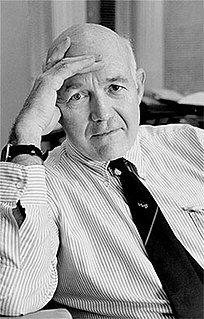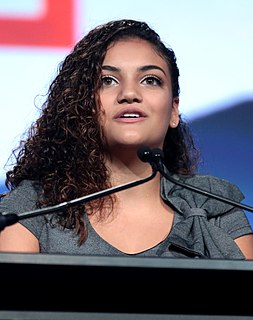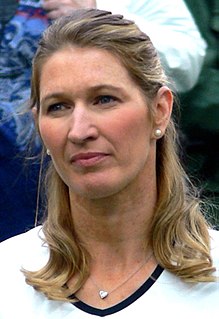A Quote by James S. Coleman
It is clear from all these data that the interests of teenagers are not focused around studies, and that scholastic achievement is at most of minor importance in giving status or prestige to an adolescent in the eyes of other adolescents.
Related Quotes
Pride attaches undue importance to the superiority of one's status in the eyes of others; and shame is fear of humiliation at one's inferior status in the estimation of others. When one sets one's heart on being highly esteemed, and achieves such rating, then he or she is automatically involved in fear of losing status.
What causes adolescents to rebel is not the assertion of authority but the arbitrary use of power, with little explanation of therules and no involvement in decision-making. . . . Involving the adolescent in decisions doesn't mean that you are giving up your authority. It means acknowledging that the teenager is growing up and has the right to participate in decisions that affect his or her life.
There's no question that a great teacher can make a huge difference in a student's achievement, and we need to recruit, train and reward more such teachers. But here's what some new studies are also showing: We need better parents. Parents more focused on their children's education can also make a huge difference in a student's achievement.





































